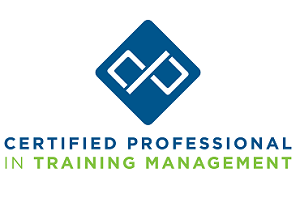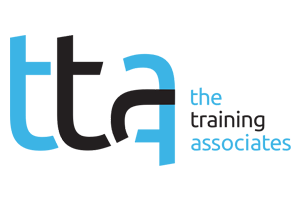In 2008, I stumbled into learning and development (L&D) when I created my first onboarding experience and skills-based training curriculum out of necessity. I knew immediately that L&D was where I wanted to be and spent the next 15 years cultivating my career. I sought out positions with increasing responsibility and rich experiences across a wide variety of industries, from small family-owned businesses to global Fortune 500 firms, collecting a second master’s degree in instructional curriculum leadership along the way. Eventually, I landed a coveted role as a senior learning leader at a Fortune 100 company.
20 months later, amid major organizational changes and restructuring, my company eliminated both my team and my role, resulting in a grueling job search that lasted over six months. The more time passed, the more frustrated I found myself. Despite my education and experience, I was the second choice in multiple final-round interview scenarios, eventually receiving feedback from a recruiter that other candidates edged me out because they possessed professional certifications in addition to their academic credentials. I was beginning to explore professional certification programs when I was offered the opportunity to design and build a learning organization from scratch for a small, privately held company poised for tremendous growth. I accepted and moved professional certification to the backburner.
A few weeks into my new role in an unfamiliar industry, I found myself struggling with imposter syndrome and questioning my own abilities as a learning leader. I was struggling to gain traction at my new organization, and my knowledge and previous experience did not seem to be instilling confidence in my organization’s executive leadership team. The work to be done was overwhelming and, struggling with self-confidence, I decided to revisit the idea of a professional certification, hoping it would boost my confidence, reaffirm my skills and help gain the buy-in of my new peers.
The Certification Process
After reviewing several certification options, I settled on Training Industry’s Certified Professional in Training Management (CPTM™) certification. The program recognizes that a successful training manager must also be a successful business manager. After previewing the first training module, I felt that the body of knowledge and emphasis on strategic alignment would address the most immediate demands of my new role. I also appreciated the multiple learning modalities the program offered. The mix of pre-work and a hands-on practicum would allow for opportunities to immediately apply the program’s approach to learning management.
The registration process for the CPTM certification was simple. Training Industry’s website provided a plethora of information and resources, providing email addresses, phone numbers, and a chat option for prospective registrants to obtain additional information. I found everything I needed and completed the registration process online, which consisted of providing my information, selecting a practicum date from the many options Training Industry provides, and paying the fee. Shortly after registering, I discovered that I would need to select a different practicum date. I found instructions for doing so on the Training Industry CPTM website, and a representative was able to change the date quickly and painlessly for me.
I received my login credentials and gained access to the CPTM learning dashboard and eLearning modules the same day I registered and was able to start my CPTM certification journey right away. I moved through the eLearning modules with no issues, completing the pre-work in plenty of time for the practicum. The practicum itself was excellent. Ours was a cohort of seven CPTM candidates with an excellent and extremely knowledgeable moderator. The exercises and activities were designed to reinforce the training provided in the eLearning modules and gave us the opportunity to really dig in and apply our newfound knowledge to real-world challenges faced by learning leaders. We had the opportunity to hear from another CPTM, also the founder of Training Industry, Doug Harward.
The insight and experiences they shared were invaluable. Once we completed the practicum, we were authorized to take the certification exam at any time. Our entire cohort passed the exam within the next few days.
Upon Program Completion…
Upon successfully completing my CPTM certification, I felt an immediate confidence boost. The experience reinforced my belief in my own abilities, and my peers at my new organization appreciated the extra effort. As a one-woman L&D team, it can be hard not having a team to work with and bounce ideas off. One of the greatest benefits of the CPTM certification so far is access to the alumni community. I have already been able to connect with CPTMs in my industry and have had several one-on-one meetings with other CPTMs to brainstorm and learn from shared experiences. I plan to set up regular meetings to continue those conversations.
I feel very prepared to make progress in my new role, armed with the knowledge and skills that define successful training managers. The CPTM certification prepared me to not only identify the learning opportunities for my organization, but also to connect those opportunities to our business goals and present a viable solution. I have the entire CPTM alumni community’s support, and I believe that, as a CPTM, I have the tools, resources, and capabilities I need to put the processes and practices in place to build a truly great learning organization.
Ready to learn more? Download the CPTM brochure.





